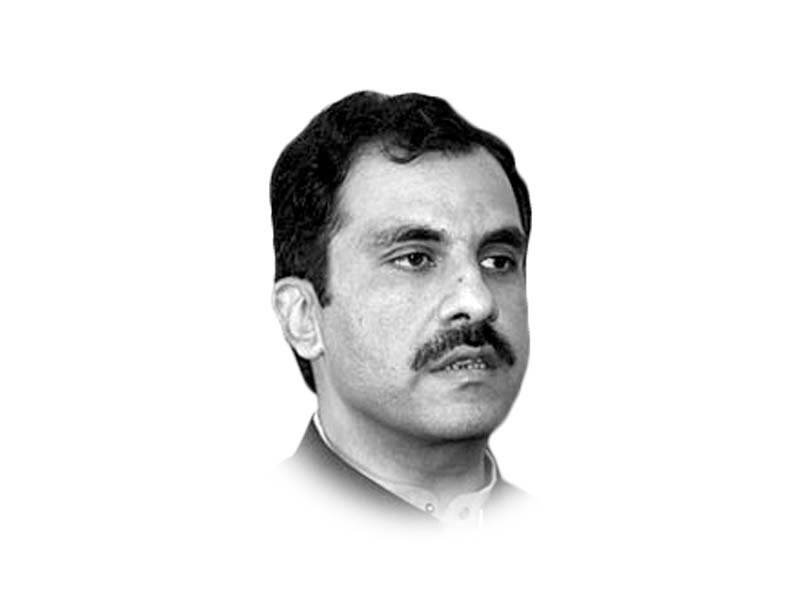
The common man is an uncommon person of our society. He undergoes colossal self-transformation stages and makes scarifies in fashions as only to be found in books of fables. Not being pessimist but our society is one highly controlled dark society where individuals do not grow but are grown in patterns defined by the society’s elites or ‘the others’.
The first thing the common man loses is his identity of self. He looks at himself and measures his significance and importance from the others’ perspective. No matter how critical his self could be, it is overstepped by others’ approaches who define his self, his means and his standing. Self-alienation and the loss of one’s identify clandestinely but completely transfer his self-control to ‘the others’ who caricature him as per their hues and designs ultimately internalising in him the first feeling that he is the society’s sick man.
Being sick and then shy, he runs amuck and finds shelter in the strong social dens held by ‘the others’. His social needs are fulfilled through a separate social order. His children get education from a certain class. His wife, kith and kin are placed in certain social closets prepared and defined by ‘the others’. This artificial social engineering by ‘the others’ escapes every critical analysis and the fiction crafted by them becomes reality larger than life. These dens create an underworld where the common man is destined to count his days as every misery he confronts comes not from Heaven but from the crust atop this underworld.
Since society existed long before state was born, the state succumbs to the elderly solemn of the society. The state apparatus being patronised by ‘the others’ uses the common man as an ingredient for manufacturing produce to be consumed by them. Be there any incident, it is always the hand of the state and the collar of the common man. What is lost in this industry of social happening are two things. Firstly, the common man is siphoned out of his ego and self-respect. On the other hand, there is an inconceivable chasm of distrust, alienation and animosity ripped between the state and the citizenry. A society of such orientation bedims every ray of hope for the free growth of the common man and he is caught around by the immutably strong and fixated social constants.
What is given out is that society becomes one self-corrupting womb of people. The rich of the society have defined their class and there are parameters for making an entry into that class. The preconditions are based not on quantum of any positive social factor but are rather based on one factor which is the quantum of wealth irrespective of how and where it comes from.
Since there is no freedom of choice with people in the common class, the common man has two choices: either he lives and rusts in the social dens held by ‘the others’ or he himself becomes one holder of such social den by becoming a member of ‘the others’. The trend, when analysed in our society, shows the latter to be a fast becoming practice. We believe our society is developing which is a misnomer. Our society is only multiplying the number of social dens and simultaneously the number of holders and captives alike. The anti-matter stuffed in it is contracting the society into a single hole which is the prescription for what caused the big bang.
The common man is both the ingredient of the produce to be consumed by ‘the others’ and one day he becomes ‘the others’ and consumes the produce made out of other ingredients which he himself once used to be. So uncommon is our common man.
Published in The Express Tribune, October 26th, 2020.
Like Opinion & Editorial on Facebook, follow @ETOpEd on Twitter to receive all updates on all our daily pieces.



1719660634-1/BeFunky-collage-nicole-(1)1719660634-1-165x106.webp)

1732276540-0/kim-(10)1732276540-0-165x106.webp)







COMMENTS
Comments are moderated and generally will be posted if they are on-topic and not abusive.
For more information, please see our Comments FAQ